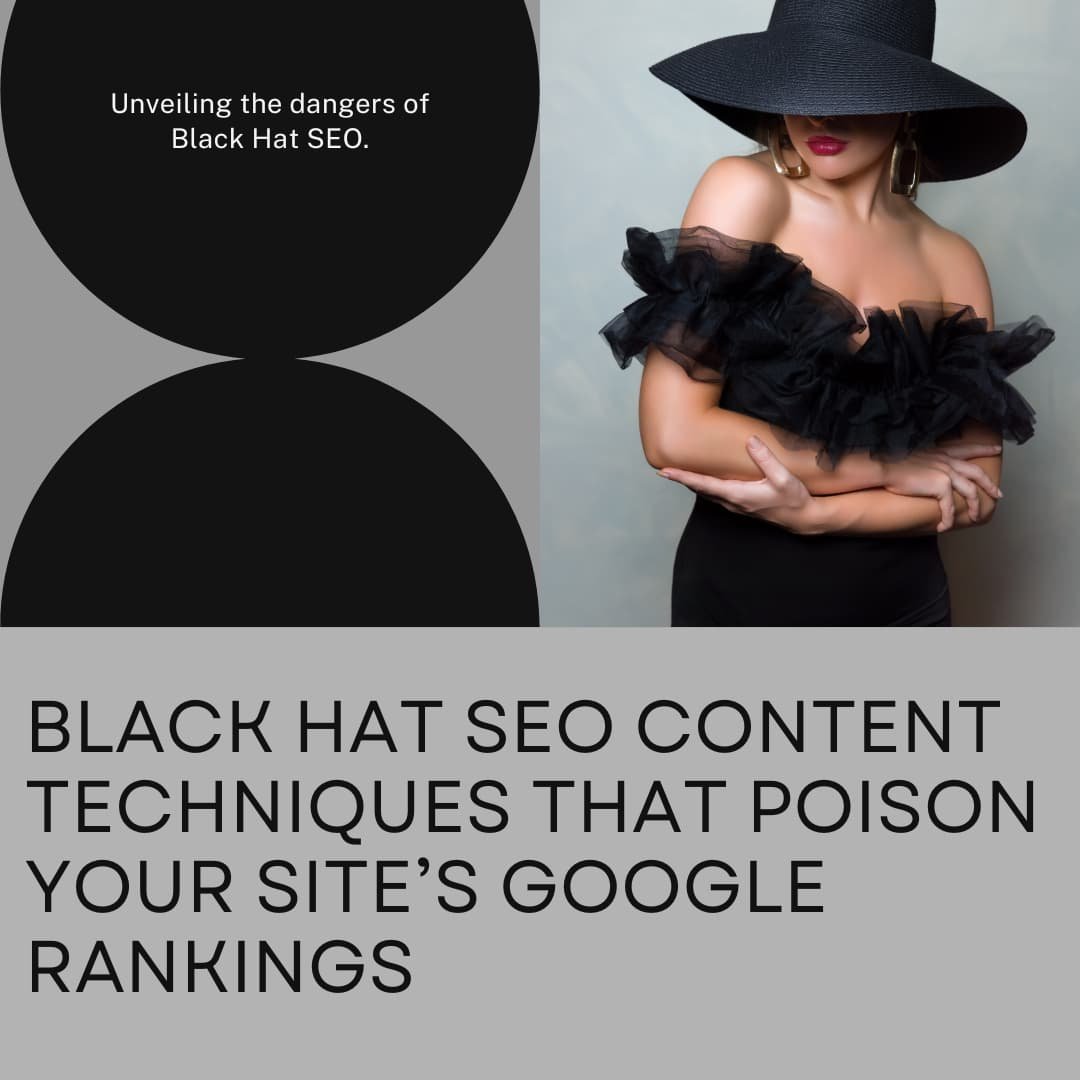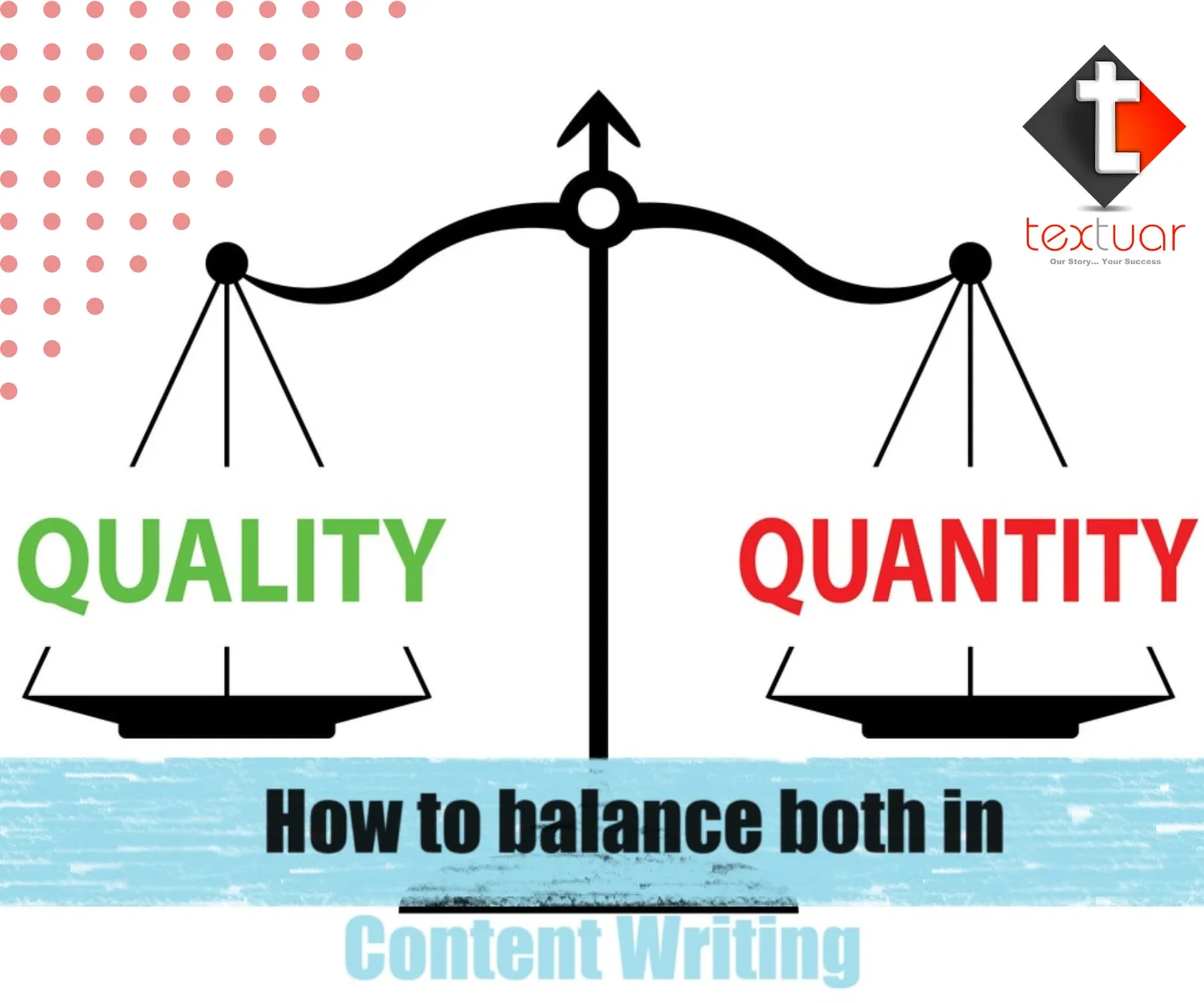Summary – Black hat SEO content strategies not only harms your page rankings but Google makes it difficult to recover later. See if any of these black hat techniques are being implemented in your website, and act promptly to remove these immediately before it further damages the ranking signals of your website.
=== Table of Contents ===
ToggleReading Time – 5 min
Who is it for – Internet marketing companies, website owners, digital marketing companies, and content writing companies.
With the rapid proliferation of smartphones and internet, it is no surprise that every business wants to acquire a substantial user base through the online ecosystem. This lucrative market also means that a lot of businesses are targeting your customers, thus heating up the competition. The biggest winners are those who have first page rankings that have the biggest likelihood of sales conversion. With every business eyeing the coveted top page ranking, it becomes hard for website owners to maintain their Google Page Rankings.
Internet users demand rich and authentic information about topics to stay abreast of new happenings and technologies. Unfortunately, this also leads to a few businesses to engineer the system the wrong way and opt for black hat SEO methods (most often inadvertently). Using such illegal, unethical, and illegitimate SEO content techniques may ruin the entire reputation of their web space.
If you’re not aware of the unethical ‘Black Hat’ SEO techniques, then read on to see how these dubious ways can cripple your web page rankings and future business prospects:
-
Cloaking is the Biggest Trouble
Technique Deals With: Cloaking is misleading the search engine by showing different content to search engine and presenting something else to its visitors. Once a user clicks the mentioned link, considering that he/she will be able to access the mentioned information, the website takes him/her to a different content or web page.
Example: Meta tags define that a website is offering live football match updates, but on clicking the same, the user gets redirected to an e-commerce website offering kids toys on sale.
Result: Websites get charged (penalty) for displaying wrong information or may get banned by the search engine
How to Avoid: Using the appropriate description of your website, using relevant keywords, and writing the basic agenda or purpose it will serve in the Meta tag will help website owners to attract desired target group.
-
Link-Exchanges May Cause More Harm Than Benefits
Technique Deals With: Link-Exchanges deals with registering your website with Webmasters, who will form a web ring to get your web content linked to other relevant websites. The other websites may or may not contain the same content, ending up wasting your money and SEO efforts.
Example: Displaying a banner advertisement of your brand (cosmetics) on an e-commerce website.
Result: May help you get a lot of back links to your website, but the content will be mostly low quality and irrelevant. The technique will never help your improve your Google Rankings
How to Avoid: Keep a check on Google webmaster guidelines and update your strategy to link to only quality websites to get the best results
-
Content Duplication is an Ever-Growing Web Issue
Technique Deals With: The technique deals with copying SEO content from another website and publishing it on your website to get higher page rankings.
Example: Users copy blogs and publish them on their own websites to build user interest.
Result: Search engine algorithms only indexes original and unique content, hence, the websites containing duplicate content may get banned completely
How to Avoid: Always create unique and original website content. If continuous publishing is a barrier to great quality content, then enlist the help of a professional content writing company to get plagiarism-free and fresh content created for your inbound marketing campaign.
-
Keyword Stuffing Can be Extremely Dangerous
Technique Deals With: Using keywords after every 2 lines to get higher search engine rankings.
Example: Using same keywords multiple times in the same write-up (sometimes as many as 30 times in a 500-word content)
Result: Search engine algorithms may mark your website as spam and prevent search engine crawler from considering it for getting indexed
How to Avoid: Always use relevant and balanced quantity of keywords to avoid keyword stuffing in your website content. Instead of “Bob’s furniture services in Boston is the best furniture services in Boston for furniture services in Boston” write meaningful sentence like “Bob’s furniture services in Boston is a good choice for office furniture, home furniture, custom furniture, and kids furniture” – a better SEO content writing choice.
Conclusion
Continuing to perform these black hat SEO content measures may lead to heavy penalties or your website getting banned for copyright issues. As an ethical content publisher or web marketing company, it is important that you provide the best user experience based on white hat methods so that your clients can also grow.
Frequently Asked Questions
-
What is cloaking in SEO, and why is it harmful?
Cloaking involves misleading search engines by presenting content different from what users see. This black hat technique can lead to penalties or even a ban. Ensure your website accurately describes its purpose in Meta tags to avoid such issues.
-
Why is content duplication a significant issue in SEO?
Content duplication includes copying content from another site to help page rankings. However, search engines focus on unique content, and sites with duplicate content risk being restricted. To stay away from this, create original content or enrol with the assistance of expert content writing services.
-
What are the consequences of continuing Black Hat SEO techniques?
Continuing Black Hat SEO practices may lead to heavy penalties or a website ban due to copyright issues. Ethical content publishing, based on white hat methods, ensures the best user experience and allows businesses to grow without facing legal or reputational consequences.
-
How can keyword stuffing harm a website’s SEO?
Keyword stuffing in content can lead to search engines marking the website as spam and preventing indexing. To avoid this, maintain a balanced and relevant use of keywords. Draft meaningful sentences that incorporate keywords naturally. The idea is to provide valuable content to users.
-
Can I recover from using black hat SEO techniques, or is the damage irreversible?
Recovery from black hat practices is challenging. To safeguard your website’s reputation:
- Act promptly.
- Get rid of black hat SEO techniques.
- Adopt ethical SEO strategies for long-term success.













